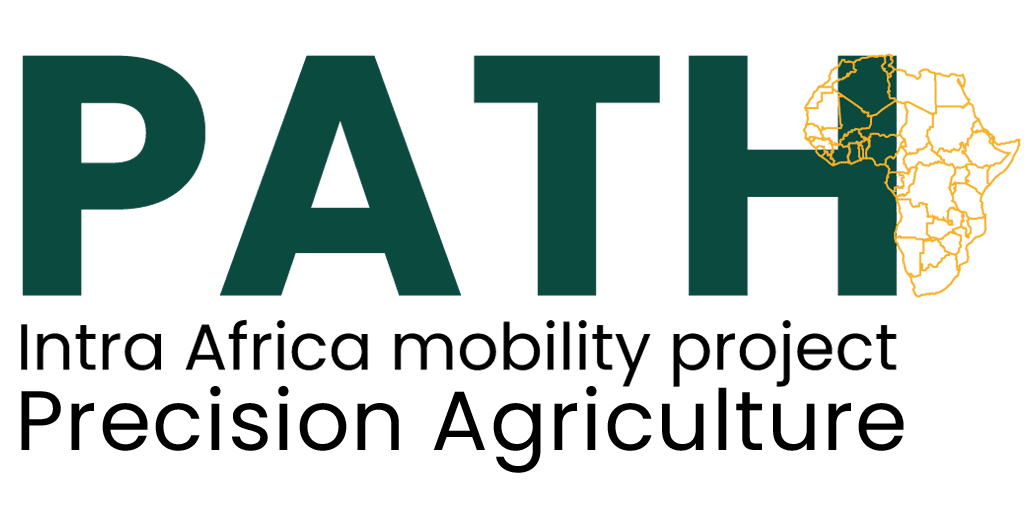Precision agriculture is revolutionizing crop management by integrating advanced technologies and data-driven practices into traditional farming. This innovative approach enhances efficiency, sustainability, and productivity in the agricultural sector. By utilizing tools such as GPS, IoT, remote sensing, and data analytics, farmers can make more informed decisions, leading to optimized crop yields and reduced environmental impact.
Understanding Precision Agriculture
Precision agriculture, also known as smart farming, involves the precise management of crops to improve agricultural outcomes. This method leverages technology to monitor and respond to field variability, ensuring that every plant receives the appropriate care. The goal is to apply the right amount of inputs (water, fertilizers, pesticides) at the right time and place, tailored to the specific needs of crops and soil conditions.
Key Technologies in Precision Agriculture
GPS and GIS Technology: Global Positioning System (GPS) and Geographic Information Systems (GIS) are foundational to precision agriculture. These technologies enable accurate mapping and navigation, allowing for precise planting, fertilizing, and harvesting. Farmers can create detailed field maps, track machinery movements, and manage field operations with high accuracy.
Remote Sensing and Drones: Remote sensing technologies, including satellite imagery and drones equipped with multispectral cameras, provide valuable data on crop health, soil conditions, and pest infestations. This real-time information allows farmers to identify and address issues promptly, leading to better crop management and reduced reliance on chemical treatments.
IoT and Sensor Networks: The Internet of Things (IoT) and sensor networks play a crucial role in precision agriculture by offering real-time monitoring of environmental parameters such as soil moisture, temperature, and nutrient levels. These sensors provide continuous data streams, enabling precise irrigation and fertilization, which are essential for maintaining optimal crop conditions.
Big Data and Analytics: Big data analytics in precision agriculture involves processing large volumes of data collected from various sources to identify trends and patterns. This analytical capability helps farmers make informed decisions about crop management, resource allocation, and risk mitigation, ultimately improving productivity and profitability.
Benefits of Precision Agriculture
Enhanced Productivity: Precision agriculture allows for more accurate application of inputs, resulting in higher crop yields. By ensuring that each plant receives the appropriate care, farmers can significantly boost their productivity.
Sustainable Farming: By optimizing the use of water, fertilizers, and pesticides, precision agriculture reduces environmental impact. This sustainable approach helps preserve natural resources and promotes eco-friendly farming practices.
Cost Efficiency: Precision agriculture reduces waste and increases operational efficiency, leading to significant cost savings. Farmers can achieve better results with fewer inputs, enhancing their profitability.
Improved Decision-Making: Access to real-time data and advanced analytics empowers farmers to make better-informed decisions. This proactive management style minimizes risks and maximizes returns, ensuring long-term success.
Challenges and Future Prospects
Despite its numerous benefits, precision agriculture faces several challenges. The initial cost of technology and equipment can be prohibitive, especially for small-scale farmers. Additionally, there is a need for technical expertise and ongoing training to effectively utilize these advanced tools.
However, the future of precision agriculture is promising. Technological advancements are making these tools more affordable and accessible, paving the way for broader adoption. Governments and organizations are increasingly investing in research and development to support this transformation, recognizing its potential to enhance food security and sustainability.
Precision agriculture is transforming crop management by bringing a smarter, more efficient approach to farming. By leveraging the power of technology and data, farmers can achieve unprecedented levels of productivity and sustainability. As the agricultural industry continues to evolve, precision agriculture will play a pivotal role in shaping the future of farming, ensuring that we can meet the growing demands of a global population while protecting our planet’s resources.


